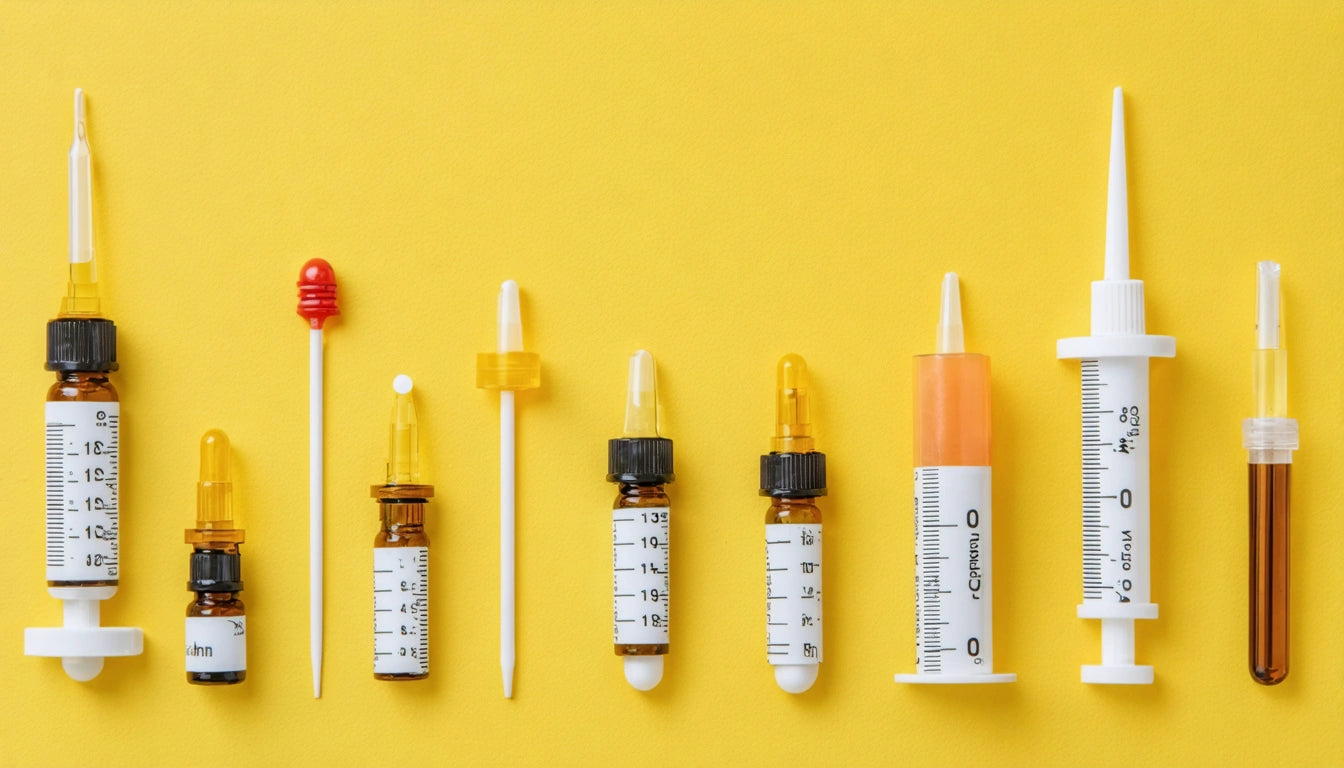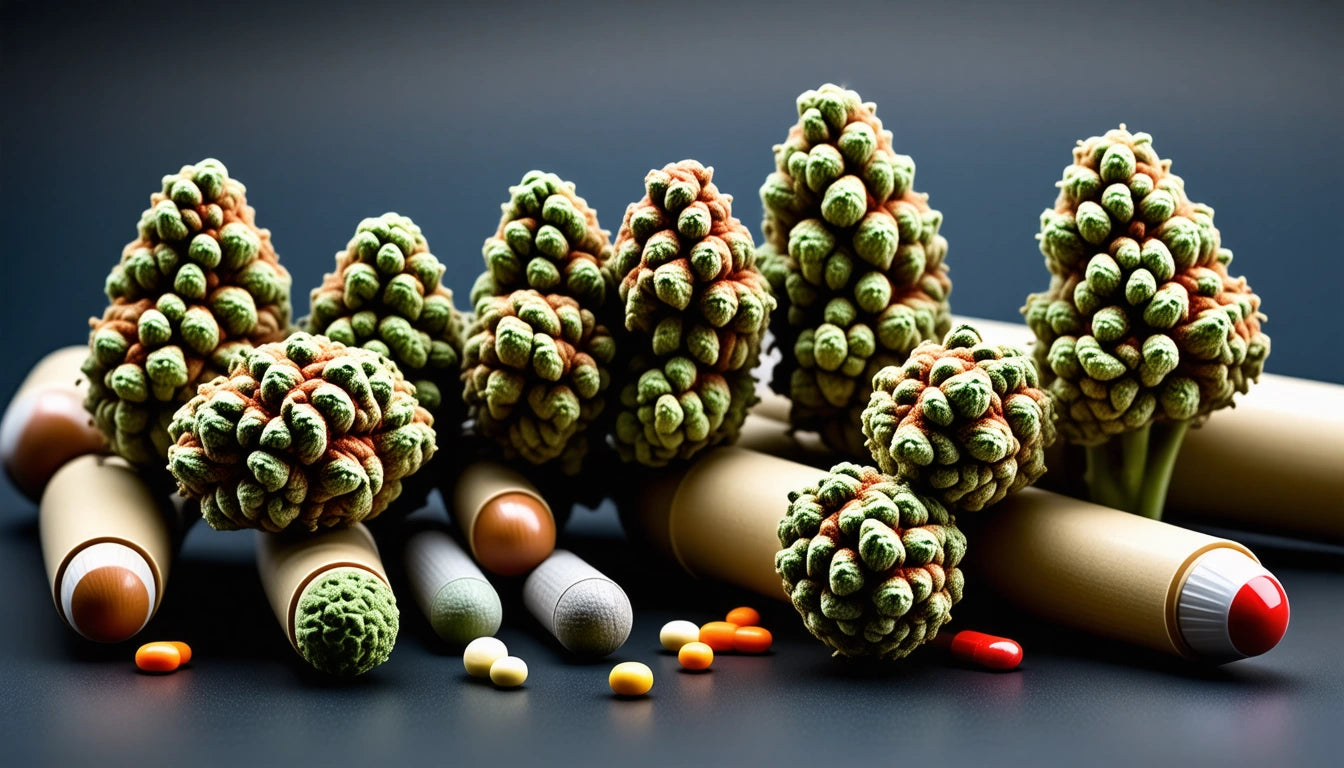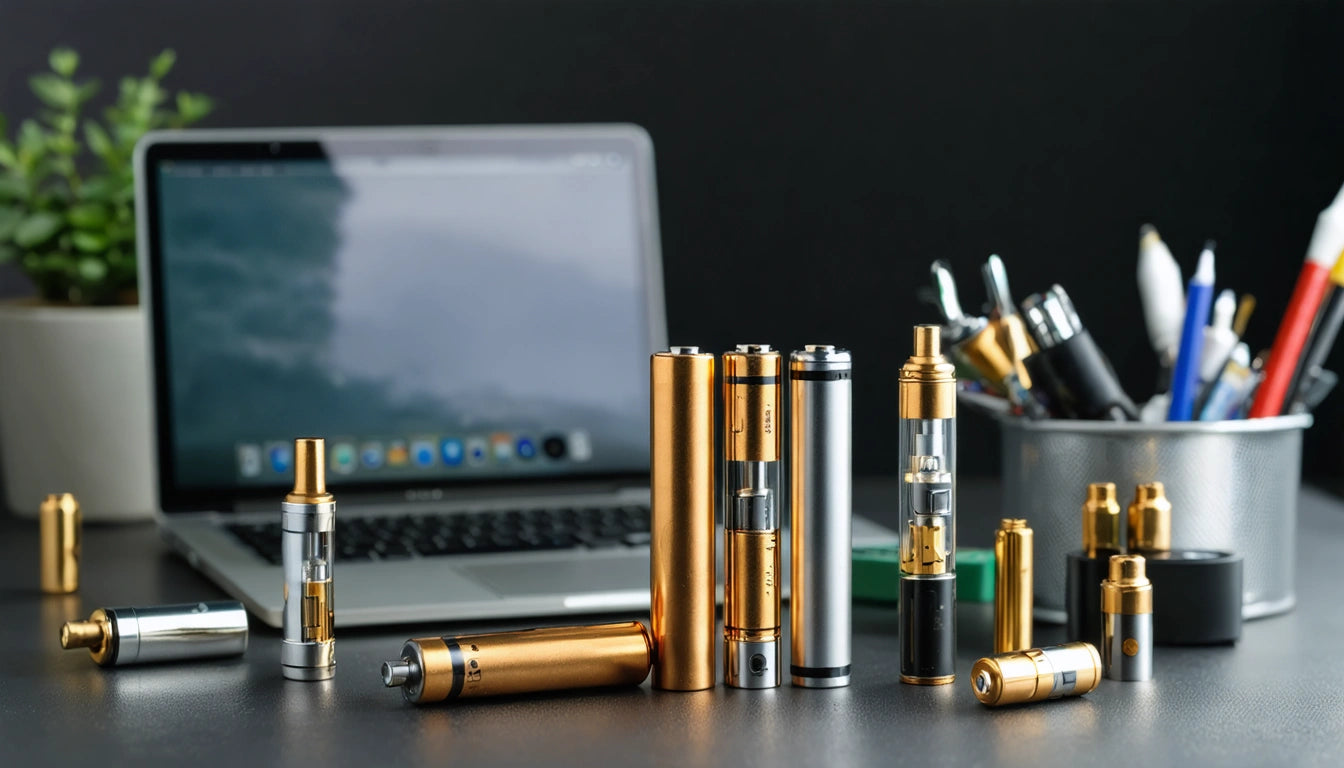Effective Strategies for Passing an Oral Drug Test
Oral fluid drug testing has become increasingly common in workplace screening programs due to its convenience, non-invasiveness, and ability to detect recent substance use. Understanding how these tests work and how to prepare for them can help individuals navigate testing requirements successfully.
Understanding Oral Fluid Drug Testing
Oral fluid testing, also known as saliva testing, detects substances that have been consumed within a relatively short timeframe. Unlike urine tests that measure metabolites, oral tests identify parent compounds present in saliva. This makes them particularly effective at detecting recent use.
The testing process typically involves collecting a saliva sample using an absorbent pad or swab placed between the lower cheek and gums for 2-3 minutes. The sample is then analyzed for various substances including cannabis, cocaine, amphetamines, opiates, and alcohol.
Detection Windows for Common Substances
Understanding detection windows is crucial when preparing for an oral drug test. These timeframes vary by substance:
- Cannabis: 24-72 hours (highly variable)
- Cocaine: 24-48 hours
- Amphetamines/Methamphetamines: 24-48 hours
- Opiates: 24-36 hours
- Alcohol: 12-24 hours
- Benzodiazepines: Up to 48 hours
These windows can vary based on factors including metabolism, frequency of use, and test sensitivity. For more detailed information on detection windows across different testing methods, you can refer to this comprehensive guide to drug testing.
Preparation Strategies Before an Oral Drug Test
If you're wondering how to pass a oral drug test, preparation should begin as soon as you know about the upcoming test:
Temporary Abstinence
The most effective strategy is to abstain from substance use for at least 72 hours before testing. This timeframe allows most substances to clear from oral fluids naturally.
Hydration and Oral Hygiene
While excessive water consumption won't significantly alter saliva composition, maintaining good hydration supports overall detoxification processes. Additionally, proper oral hygiene practices can help:
- Brush teeth thoroughly 2-3 times daily
- Use alcohol-free mouthwash
- Floss between teeth to remove residue
- Clean your tongue with a scraper
Some individuals use specialized products designed for pre-test oral cleansing, though efficacy varies. For natural approaches to detoxification, you might consider strategies outlined in this guide on passing drug tests naturally.
Day-of-Test Techniques
On test day, several approaches may help improve your chances of passing:
Timing and Food Consumption
Eating a fatty meal shortly before testing may temporarily reduce the concentration of fat-soluble compounds like THC in saliva. Additionally, consuming acidic foods or beverages can temporarily alter saliva pH, potentially affecting test results.
Oral Cleansing Products
Various commercial products claim to cleanse oral fluids temporarily. These typically include mouthwashes or gums designed to be used shortly before testing. While some users report success, scientific evidence supporting these products is limited.
For those seeking discrete solutions, our collection of protective storage options can help maintain the integrity of cleansing products until needed, ensuring they remain effective when it matters most.
DOT Testing Special Considerations
Department of Transportation (DOT) testing follows strict protocols regulated by federal guidelines. If you're wondering how to pass a DOT drug test, be aware that:
- DOT tests are observed, making adulteration difficult
- Testing personnel are trained to detect tampering attempts
- Penalties for failed or refused tests are severe
- Testing may include both oral fluid and urine samples
DOT testing typically allows less preparation time and employs more rigorous collection procedures. For specific guidance on DOT testing protocols, this article on drug testing myths and realities provides valuable context.
Myths vs. Facts About Oral Drug Tests
Several misconceptions exist about how to pass oral drug tests:
| Myth | Fact |
|---|---|
| Vinegar neutralizes all substances | While acidic substances may temporarily alter saliva pH, they don't eliminate drug compounds |
| One-time use won't show up | Even single use can be detected within the detection window |
| All oral cleansers guarantee passing | No product can guarantee 100% success in all testing scenarios |
| Oral tests can't detect use beyond 24 hours | Some substances, particularly THC in frequent users, can be detected for 72+ hours |
Understanding these realities helps develop more effective preparation strategies. For more information on marijuana-specific testing, this resource on passing marijuana drug tests offers targeted guidance.
Long-Term Solutions for Consistent Clean Results
For those regularly subject to oral drug testing, long-term strategies offer more reliable results than last-minute solutions:
- Understand your employer's testing policy and frequency
- Plan substance use around known testing schedules when possible
- Consider the half-life of substances when making consumption decisions
- Maintain overall health through hydration, exercise, and proper nutrition
These approaches not only support passing oral drug tests but promote overall wellness. For those seeking comprehensive strategies across different testing methods, this guide on successfully passing alcohol and drug tests provides valuable insights.
While no strategy guarantees passing an oral drug test, understanding the testing process, detection windows, and preparation techniques significantly improves your chances of success. The most reliable approach remains abstinence for a sufficient period before testing, combined with good oral hygiene and proper hydration.











Leave a comment
All comments are moderated before being published.
This site is protected by hCaptcha and the hCaptcha Privacy Policy and Terms of Service apply.